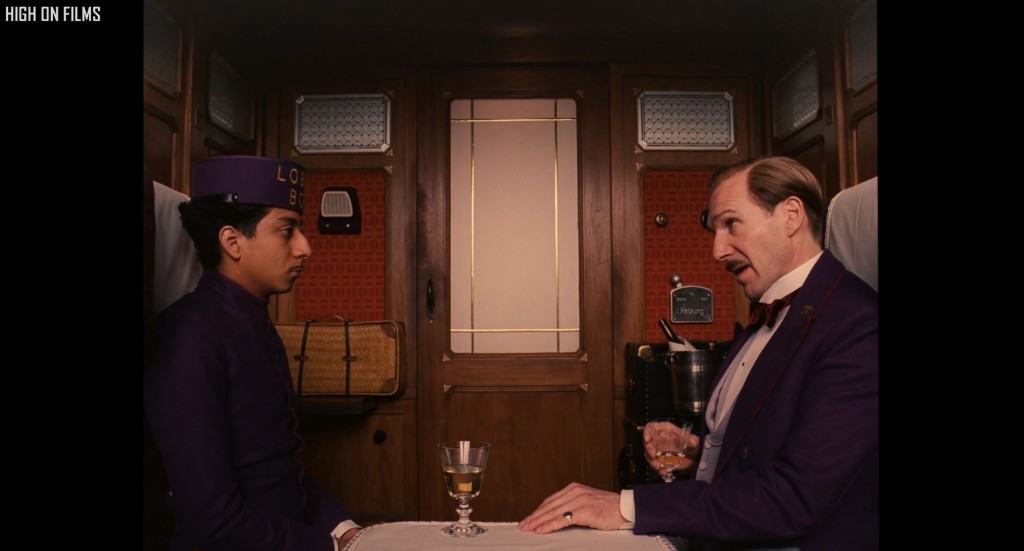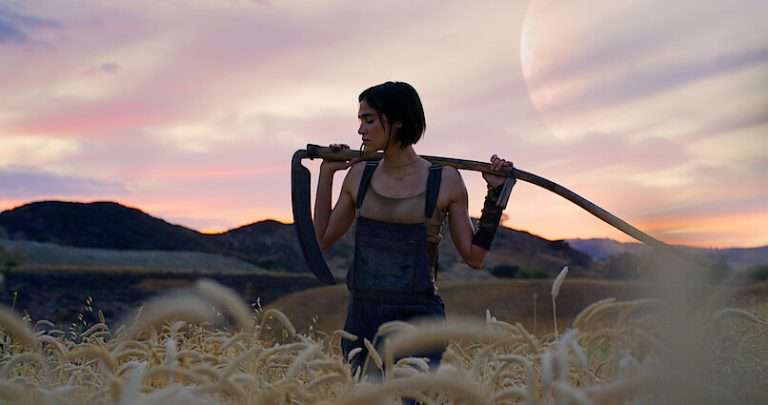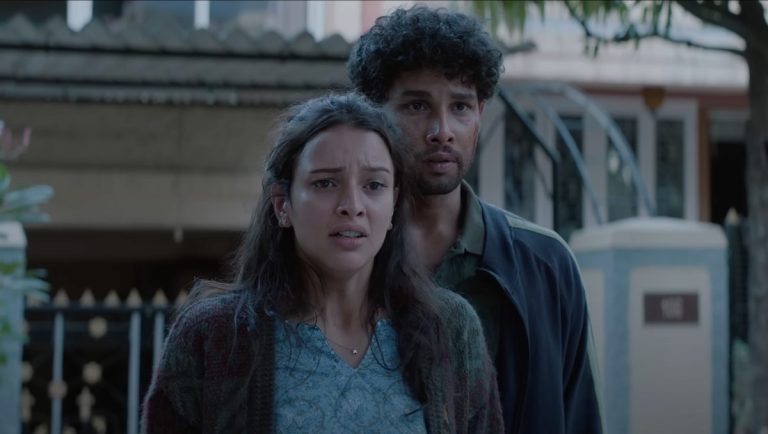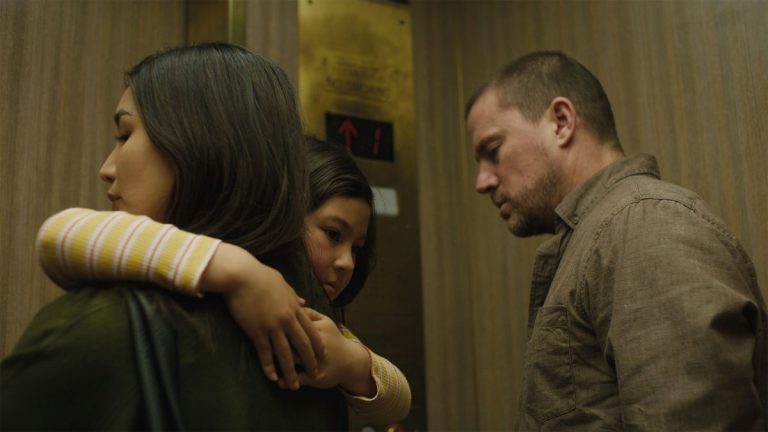I know a few people who simply loathe Wes Anderson’s style of filmmaking. The same that he has followed ever since “Bottle Rocket” came back in 1996. But his ornate visual styling and grandest of grand sets have left me baffled every single time. With Wes Anderson, you either get him and his storytelling ways, odd characters, quirky humor, and distinctive, whimsical, and visceral style, or you don’t. Though I have loved and cherished every single Wes Anderson film, I have a certain soft corner for the beautiful “Moonrise Kingdom.”
While “Moonrise Kingdom” was like a fairy tale featuring two small children as the central characters, “The Grand Budapest Hotel” is pretty much a fairy tale for adults. Even though the film is titled so, it’s not really about the Grand Hotel, nor about the murder that happens. It’s about the hotel’s concierge, M. Gustave H.(Ralph Fiennes), who actually spends most of the movie not being in “The Grand Budapest Hotel.” He is out having adventures in the most playful, colorful and beautiful Europe you will ever see on-screen.
We see a string of characters who are not so connected as the film starts. A girl reading a novella, an old writer talking to the camera as he introduces us to the story we are about to hear, his little son runs around disturbing him, and later, his younger self brings us the story right from under the hood, as we see him enter the profoundly grand and perfect Grand Budapest. This is the most consistent of all Wes Anderson films you’ll come across. We have seen him portray a young kid in “Rushmore,” but the theme of that film screams a darker tone. “The Grand Budapest Hotel” isn’t exactly dark; hence, the characterization sounds pretty much like a happy novel told from the mind of a visual writer.
We meet a young writer (Jude Law) researching the hotel for an upcoming book. Fortunately, he finds the hotel’s owner, Mr. Moustafa (Abraham), on the premises. A quiet man, Mr. Moustapha invites our young writer to join him for dinner and, over wine, tells him the story of Mr. Gustave and his future prodigy i.e the young Moustapha himself. Young Moustapha worked as a Lobby Boy, made quite clear from the cap he wears. He is Zero at everything, hence he gets that nickname.
Mr. Gustave is a happy-go-lucky character who reads poetry to his employees to boost their confidence. He sleeps with older women visiting his hotel for his friendly company and pleasurable alliance. “I sleep with all my friends,” he says. The film takes a twisted turn when one of his clients dies. Moreover, the will contain something strange that pisses off quite a few people, including her son Dmitri (Adrien Brody), his three sisters, and, strangely so, his blood-thirsty servant Jopling (Willem Dafoe).
Whenever I used to watch and rewatch any Wes Anderson film, I always wondered what it would be like if he directed a murder-mystery. As my imaginations ran wild what I was finally served with was as satisfying as a bottle of whiskey marked and kept in the closet in the 1920s. The film has a prison-break sequence which released butterflies in my stomach as I imagined what “The Shawshank Redemption” would look like on the screen if it came into Wes Anderson’s hand.
Even though I loved “The Grand Budapest Hotel,” “Moonrise Kingdom” would still be my favorite Wes Anderson joint, with “The Grand Budapest Hotel “coming in a close second. There is a scene in the film where a guard chops off the food items, and he stops at the most beautiful piece. It pretty much defines the filmmaking construction that has been followed in the film. It was like, the director had certain off-set pieces which he tried to chop-off to make it look better and when he arrived at his favorite, beautiful piece he finally stopped and released it to us.
Talking about the people on board, Ralph Fiennes as Monsieur Gustave seems to be having the most fun in this film, which seems like a kindergarten playground. He is in incredible form here. Debutant Tony Revolori as Zero is a bundle of joy. He acts like he has been in an Anderson film from pretty much the beginning of his filmography.
Willem Dafoe was fabulous. The rest of the cast has little to do, but they do their limited part very well. The music makes you feel happy. The screen resolution constantly changes as the film moves on. While it can be a problem for many people, let me clarify that it was made this way as Wes Anderson changes the setting in the film to inform viewers where they are in the timeline, which alternates between 1985, 1968, and the 1930s.
“The Grand Budapest Hotel” is a fast-paced, beautiful spectacle that never ceases to amuse you. Even with a string of odd characters, Wes Anderson manages to make you smile, giggle and love him for this grand gesture.




![Kin-dza-dza! [1986] Review – An Extremely Amusing Soviet Sci-Fi Cult Classic](https://79468c92.delivery.rocketcdn.me/wp-content/uploads/2021/03/kin-dza-dza-1986-1-768x576.jpg)

![Be Right Back [2022]: ‘Slamdance’ Review – Lost amidst its Cryptic posturing](https://79468c92.delivery.rocketcdn.me/wp-content/uploads/2022/01/Be-Right-Back-768x432.jpeg)

![Don’t Worry Darling [2022] Review – A dazzling psychological thriller that whimpers its way to a finish](https://79468c92.delivery.rocketcdn.me/wp-content/uploads/2022/10/Dont-Worry-Darling-2022-Movie-Review-768x382.jpg)
